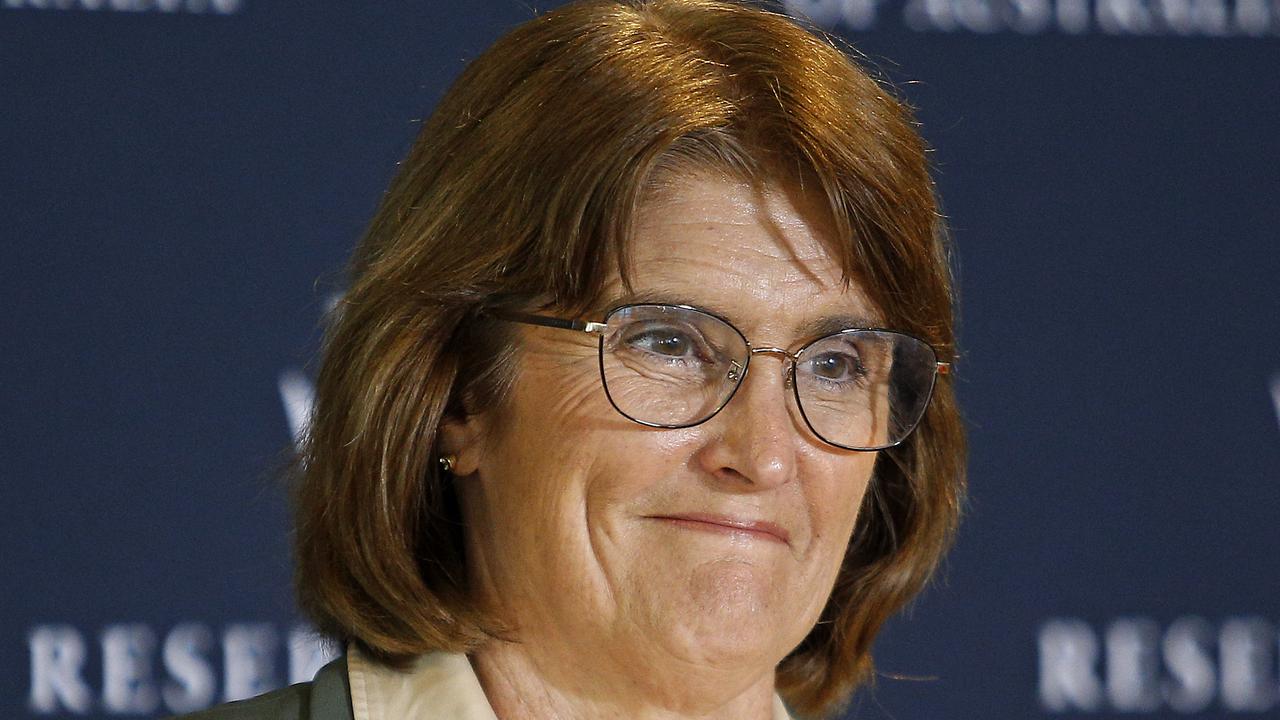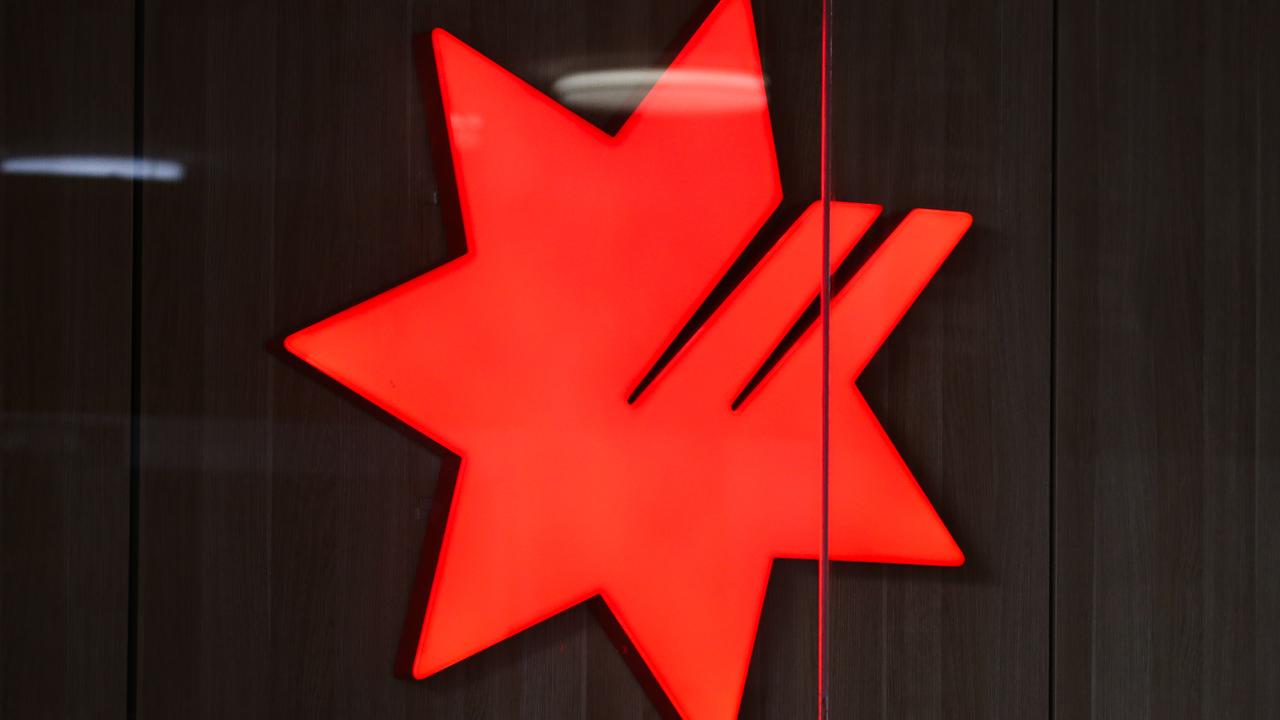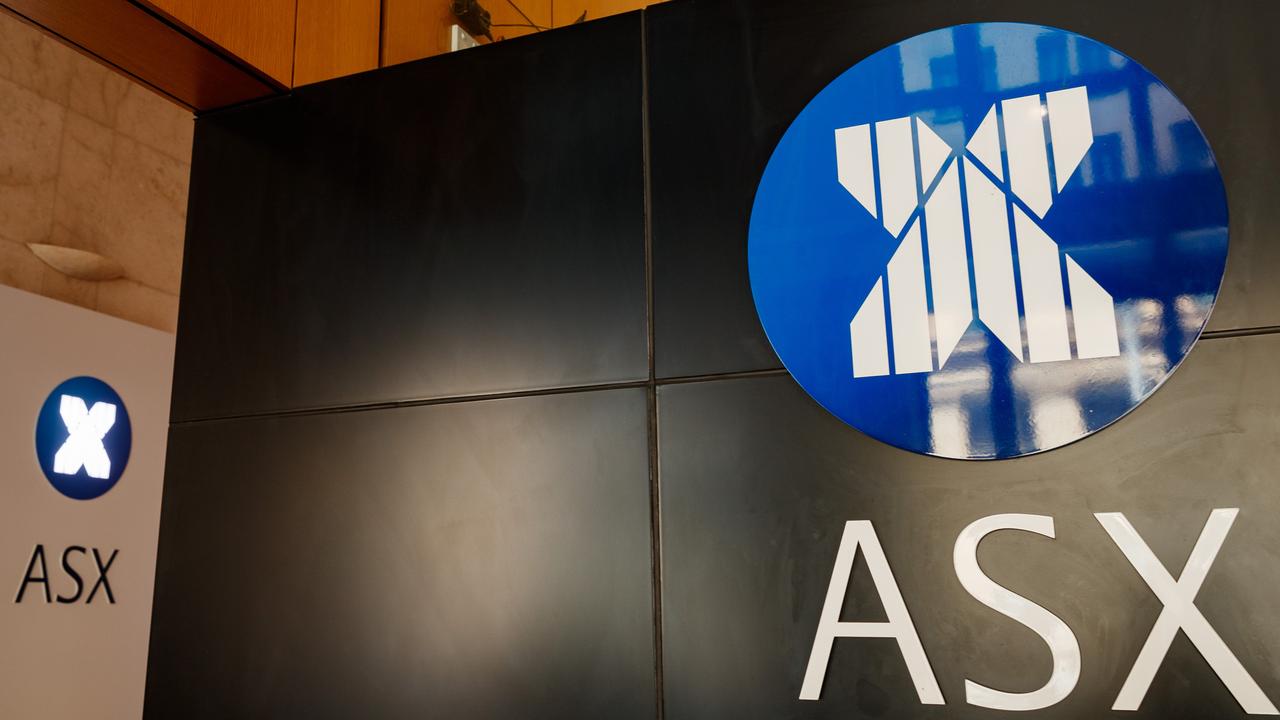Australia’s highest-paid CEO earned $38 million last year
While many Aussies have been tightening their belts recently, CEO Andrew Barkla has been quietly pocketing a staggering fortune.
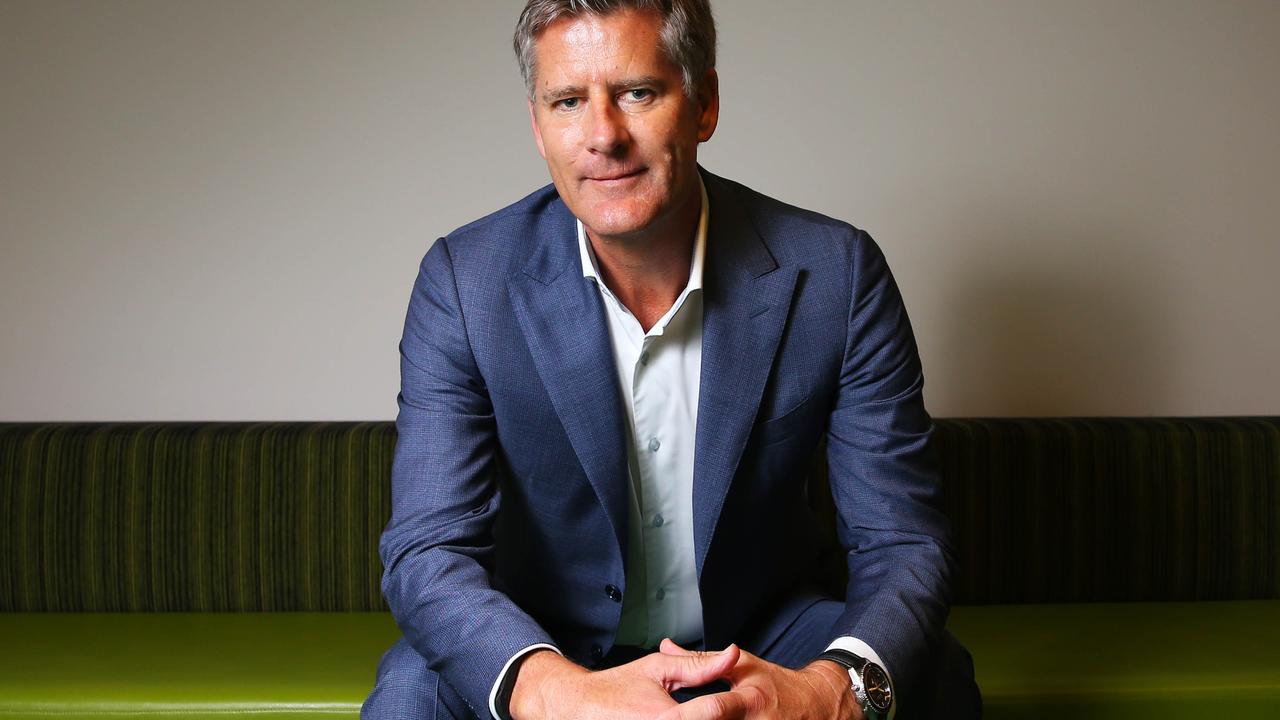
Australia’s highest-paid CEO last financial year took home more than 420 times the national average salary, it has been revealed.
Andrew Barkla from IDP Education topped the 19th annual list from the Australian Council of Superannuation Investors (ACSI), with a stunning $37.76 million salary – the equivalent of $103,452 a day.
His international education organisation offers student placement in Australia, New Zealand, the USA, UK, Ireland and Canada, and has a share price of $13.17.
According to the most recent figures from the Australian Bureau of Statistics (ABS), the average weekly earnings for Australian adults who work full time is $1634 – a figure that equates to $84,968 per year.
RELATED: Follow our live coronavirus coverage
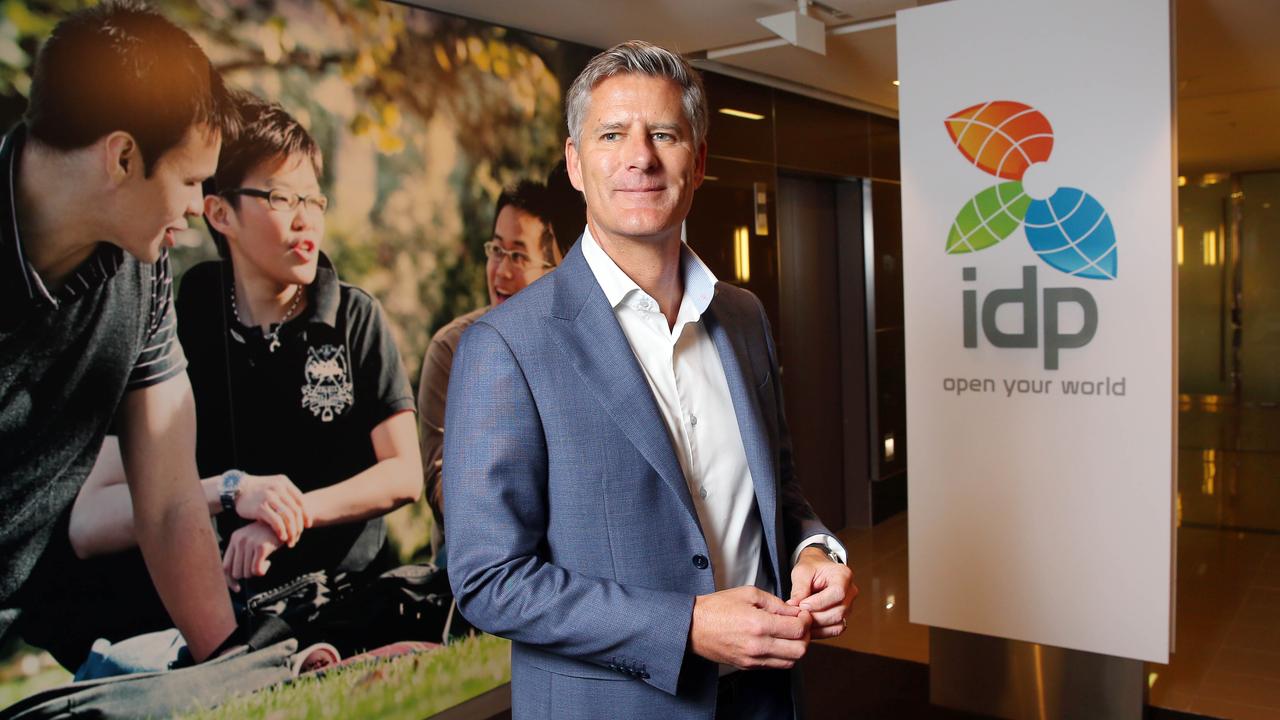
RELATED: Jim’s Mowing boss’ brutal open letter
ACSI reported that “rapid growth, combined with substantial increases in share prices that increased the value of equity incentives, led to the addition of several new companies in the list of top 20 highest-paid CEOs” this year, including Mr Barkla.
“IDP Education’s CEO, Andrew Barkla, became the highest-paid CEO in the six years that this research has recorded realised remuneration in ASX200 companies.”
His $37.76 million pay – which was “largely the result of the exercise of options granted prior to the company’s 2015 IPO” – smashed the previous record set by Domino’s Pizza CEO Don Meij, who took home $36.84 million in the 2017 financial year.
Paul Perreault from CSL took out second place with a $30,526,634 salary, followed by Philippe Wolgen from Clinuvel Pharmaceuticals with $20,624,450, Treasury Wine Estates’ Michael Clarke on $19,853,177 and Webjet’s John Guscic, who made $16,498,937.
Sixth place went to Greg Goodman from Goodman Group with $14,967,391, Robert Kelly from Steadfast Group on $14,419,677, Qantas boss Alan Joyce who pocketed $12,217,400, Colin Goldschmidt from Sonic Healthcare on $11,912,450 and Rio Tinto’s JS Jacques with $10,323,975.
But while those fat salaries might be mind-blowing, the report also found that CEO salaries were coming down even before the COVID-19 pandemic took hold, with 25 CEOs having their bonuses “zeroed out where performance was not adequate”, compared to just seven last year.
RELATED: Taxpayers stung by common ATO trap
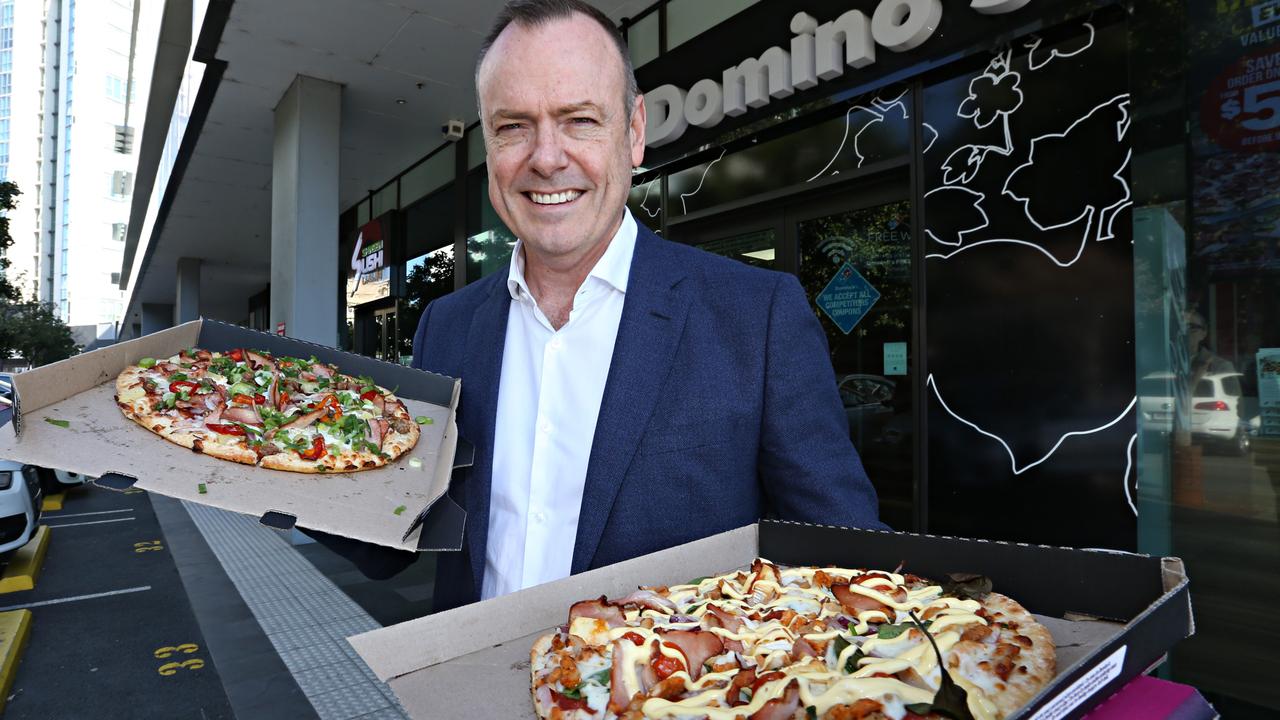
RELATED: Victoria’s new lockdown rules explained
“In the shadow of the current pandemic, boards need to rise to the challenge of meeting stakeholder expectations for appropriate levels of executive rewards,” ACSI CEO Louise Davidson wrote in a foreword.
“Boards of ASX200 companies will need to be mindful this year of how remuneration outcomes will be perceived externally, given the widespread impact of the pandemic.
“It is pleasing to see, after many years of engagement and scrutiny from ACSI and its investor members, that the trend to restraint on how CEOs and their teams are rewarded continued last year.”
Ms Davidson is right to be cautious, with Mr Meij’s previous record salary sparking controversy in 2018.
At the time, then-PM Malcolm Turnbull told 3AW radio the pay packets of our chief executives were “extraordinarily high”.
“As someone who most of his life has worked in businesses that I’ve only owned or been a partner in, I find the amount, the pay rates for people working for a lot of big public-listed companies extraordinarily high,” Mr Turnbull said, adding Mr Mr Meij’s salary “seems a hell of a lot”.
“They’d have to be very productive,” he said.
Later that year, Telstra also copped a huge shareholder revolt over its CEO’s $4.5 million pay package, and in October the Australian Council of Trade Unions (ACTU) organised a series of rallies across the country as part of its Change the Rules campaign, which aimed to draw attention to “exorbitant CEO pay” and company profits compared to the “very low or non-existent” pay rises experienced by many Australians.
An IDP Education spokesman told news.com.au Mr Barkla’s inclusion in the report from FY19 was a “one-off” and that his current remuneration was “consistent with market benchmarking”.
“Andrew Barkla’s reported ‘realised pay’ in FY19 primarily reflects the 4.1 million options issued to Andrew when he was appointed CEO of IDP Education in 2015. This was prior to the IPO of the company,” the spokesman said.
“The value created through the exercise of those options in FY19 reflects the performance of the business during that period.
“IDP’s market capitalisation rose from $660 million at IPO to $4.4 billion at June 30, 2019, in turn resulting in significant value creation for shareholders of the company.”


